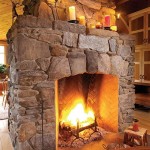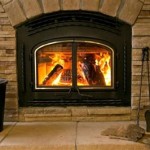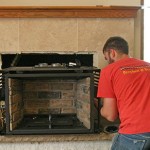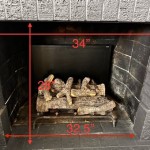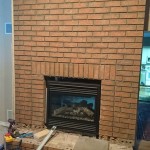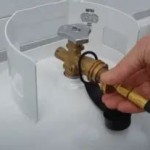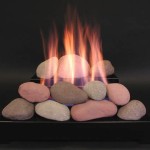Wood Burning Stove Fireplace Installation: A Guide to Warming Your Home
A wood-burning stove fireplace can be a beautiful and efficient way to heat your home, adding a touch of rustic charm and warmth to your living space. Installing a wood-burning stove, however, requires careful planning and execution to ensure safety, efficiency, and compliance with local building codes. This guide provides a comprehensive overview of the key steps involved in wood-burning stove fireplace installation.
1. Planning and Preparation
Before embarking on the installation process, careful planning is essential. This includes:
-
Choosing the Right Stove:
Consider factors such as the size of your home, desired heating capacity, fuel type, and aesthetic preferences. -
Obtaining Permits:
Check with your local building department about necessary permits and inspections. Ensure compliance with fire safety regulations. -
Selecting a Location:
Choose a suitable location that meets safety requirements and allows for proper ventilation. Consider factors like proximity to combustible materials and access to a chimney. -
Preparing the Area:
Clear the installation area, remove any obstacles, and ensure the floor is strong enough to support the weight of the stove.
2. Chimney Installation and Inspection
A properly installed chimney is crucial for safe and efficient operation of a wood-burning stove. The chimney should be made of fire-resistant materials and meet the following requirements:
-
Size and Type:
The chimney diameter and material should be compatible with the stove's specifications. Consult a qualified professional for guidance. -
Inspection:
A thorough chimney inspection is essential to ensure its integrity and functionality. This includes checking for blockages, cracks, and leaks. -
Lining:
If the existing chimney is not lined, it should be relined with a fire-resistant material to prevent leaks and ensure proper drafting. -
Termination:
The chimney should terminate at a safe distance from any combustible materials and meet local building codes.
3. Stove Installation and Connection
Once the chimney is ready, the stove can be installed and connected. This process involves the following steps:
-
Foundation:
Install a fireproof foundation beneath the stove, often made of concrete or a non-combustible base. Ensure it is level and securely fixed. -
Connection to Chimney:
Connect the stove's flue pipe to the chimney using a fire-resistant connector. Ensure a tight seal to prevent air leakage and smoke escape. -
Ventilation:
Ensure adequate ventilation around the stove to prevent overheating and ensure proper combustion. This often involves installing a vent pipe or using a heat shield. -
Smoke Damper:
Install a smoke damper in the flue pipe to control drafts and minimize smoke leakage when the stove is not in use.
4. Testing and Fire Safety
Before using the stove, a final inspection and testing are crucial. This includes:
-
Inspection by a Qualified Professional:
A qualified chimney sweep or stove installer should inspect the entire system for leaks, blockages, and proper operation. -
Smoke Testing:
Conduct a smoke test to verify proper drafting and ensure that fumes vent effectively through the chimney. -
Fire Safety Precautions:
Educate yourself on fire safety precautions, including proper fuel storage and handling, ash disposal, and the use of fire-resistant materials.
By following these steps and taking necessary precautions, you can safely and efficiently install a wood-burning stove fireplace in your home, creating a warm and inviting atmosphere for years to come.

Tips For Choosing And Installing A Woodstove Fine Homebuilding

Your Guide To Wood Stove Installation Full Service Chimney

How To Install A Wood Burning Stove Fireplaces Direct Learning Center

2024 Wood Stove Installation Cost Burning S

Heated Up Is A Permit Required To Install Wood Stove In Maryland

Wood Burning Stove Installation Efficient Heating Lower Costs

Freestanding Wood Burning Stoves Sierra Hearth And Home

Wood Pellet Stove Installation Manchester Nh Ceaser Chimney
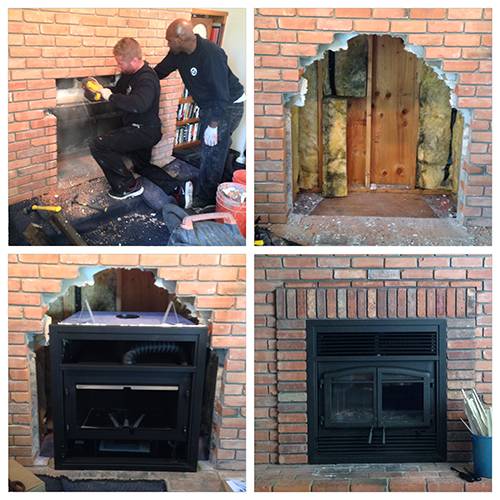
Wood Fireplace S Installation Chimney Sweeps Of America

Wood Burning Stoves In Woodland Park Co New Stove
Related Posts

